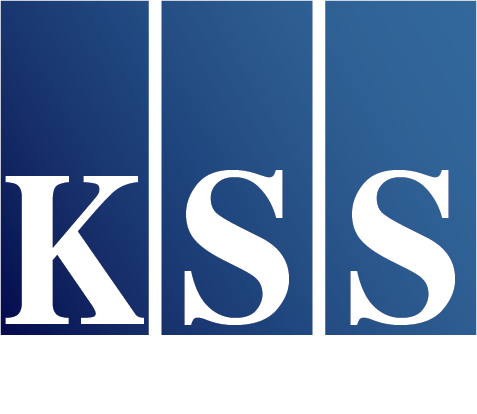5th Circuit Upholds Finding of Federal Overreach in Regulations Related to the No Surprises Act
The purpose of the No Surprises Act is to protect both patients and their health insurers from “surprise” billings from out-of-network providers under certain circumstances (i.e., emergency airlift transportation), and to establish a procedure for determining the proper amount to pay the provider. Under the Act, the health insurer either denies or pays the medical provider based upon its out-of-network pricing for the service. If the provider disagrees, there is a 30-day negotiation period between the provider and the insurer. If there is still no resolution, either party can request arbitration on the amount due.
In Texas Medical Association, et al. v. United States Dept. of Health and Human Services, et al., 110 F.4th 762 (5th Cir. 2024), several medical providers, including air ambulance services, filed suit against the United States Department of Health and Services and others in the federal government, seeking to vacate 3 federal regulations in determining the proper payment under the price arbitration section of the Act. The trial court found that the regulations improperly required arbitrators to favor the Qualifying Payor Amount (“QPA”) over other factors that the Act requires to be considered. The QPA is normally what the insurer would pay for the service in the same geographical area if the provider were in-network. The Act requires an arbitrator to consider the QPA, along with 5 other factors, but does not give preference to any factor.
The 5th Circuit affirmed the trial court, stating that the federal agencies exceeded their authority by infringing on an arbitrators' discretion to balance the 6 statutory factors in determining the proper payment. Citing this summer’s ruling in Loper Bright Enters. v. Raimondo, ––– U.S. ––––, 144 S. Ct. 2244, 2263, ––– L.Ed.2d –––– (2024), which overruled the decades-old Chevron deference doctrine, the 5th Circuit determined that the Act did not delegate authority to these agencies to “set substantive standards for the independent arbitrators to observe.” Since the Act required a balancing of considerations, the regulations favoring the QPA over other factors in arbitration conflicted with the Act and therefore are improper. The trial court’s vacating of the federal regulations was proper.
